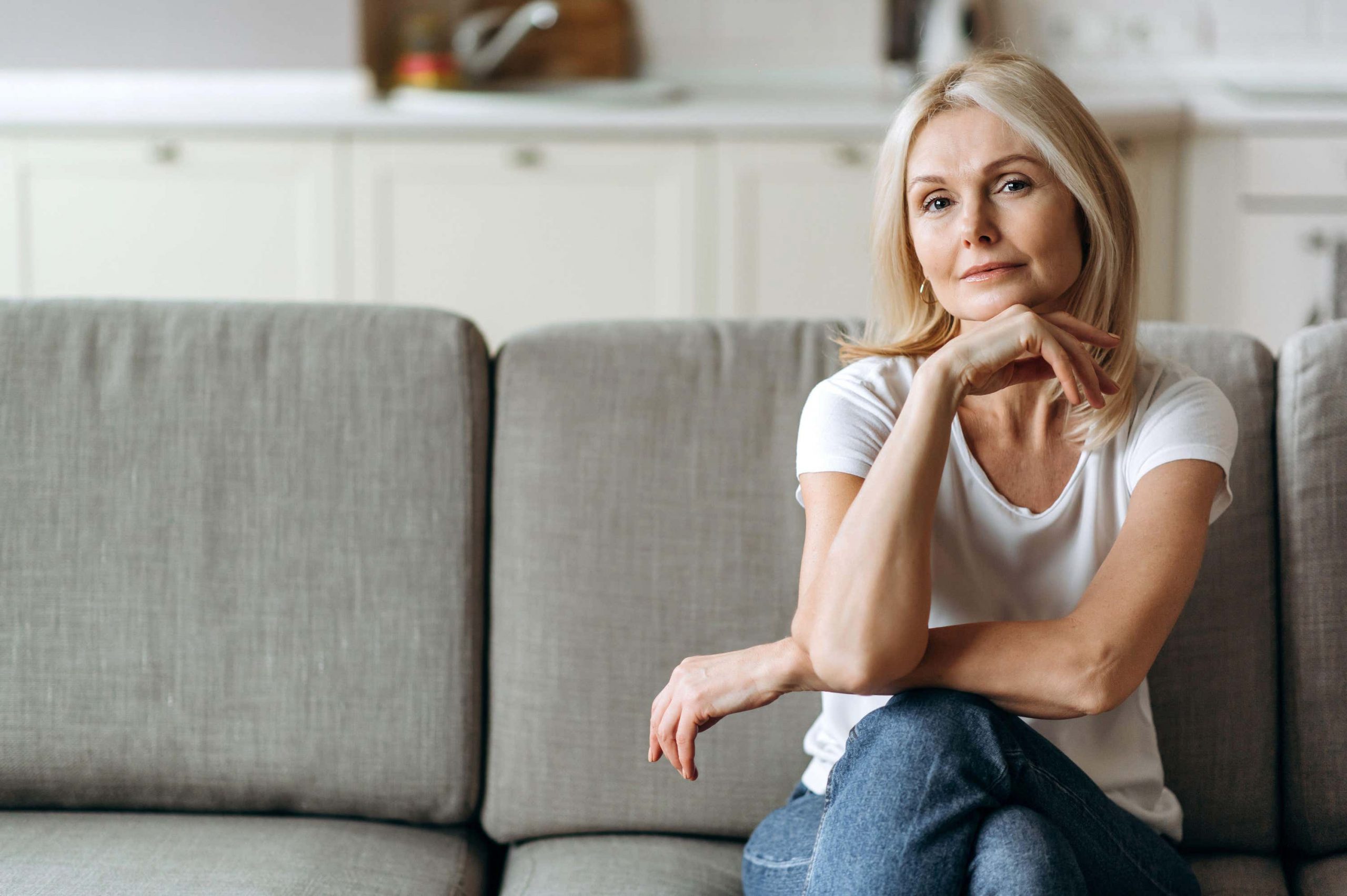Losing a partner: 2 widows share how they’ve learned to live with grief and find joy again
Losing a partner is one of the most painful experiences a person can go through, and can make you feel as if you have lost yourself too.
They may have been someone you shared a huge portion of your life with, built a home, had children with – or you may have had hopes and dreams together for a future, which you now face without them.
Grieving takes time and is different for everyone. We spoke to two widows about what they’ve learned that’s helped since their loss…
Find community and pursue creativity

Daphne lost her husband Jack a year ago
Daphne Berkovi, 75, lost her husband Jack last May through cancer. His carer for a number of years, she says a huge void has been left in her life.
“We’d been married for 50 years. We got married after he finished university where he studied mechanical engineering. He had a wonderful career.
“He was just a lovely person. I miss him because he was not only a sweetheart, he was a very interesting person. He was lovely company. I just feel the urge to turn around and talk to him. But, he’s not there.”
Dealing with her loss has felt impossible at times, but she has found some solace in openness, companionship and poetry. She advises that those struggling with losing their partner to seek sincere companionship.

Daphne keeps busy with her crochet and poetry
“Happiness is not being socially isolated and feeling embraced by people that are genuine, and accept me for what I am. You need good people around you. I’ve got my daughter and my grandchildren.
She spends many evenings crocheting and has been giving out some of her crochet blankets at local food banks.
Another creative outlet has been writing poetry. “There are times when I can’t write, but other times when I feel particularly angry or upset the words seem to flow,” she says.
Give back to the community and remember you are still here

Brenda Pugh married Robin just six weeks after meeting
Brenda Pugh, 77, is a coordinator for the widow’s group The Jolly Dollies in Devon. She lost her husband Robin in 2014. They had a long and happy marriage despite meeting and marrying after only six weeks in 1964.
Pugh’s husband died of a rare tumour just below his stomach – by the time it was found, it was terminal and he died within six months.
“He had never complained, he didn’t seem poorly, and he was admitted the same day he went to the doctor. I started grieving that day.”
After he died, the realisation really hit. “Suddenly there is no one there, you are on your own. I am very independent, but suddenly I didn’t have my partner by my side.”
To fill her time, Pugh took up volunteer work. “I worked in charity shops, and then found out about the Jolly Dollies. It has helped immensely to fill the time. Meeting other people in the same position is really helpful.”
View this post on Instagram
Being a part of the community has given her lots to do. “I also volunteer for our GP surgery’s caring service which has lunch clubs and coffee mornings, and I go on Thursdays with a cake and serve coffee to local OAPs.”
Giving back has helped her come to terms with her grief and move forward in life.
“You just have to do something and live,” she shares candidly.
And when that grief washes over you again, “Don’t think, ‘What if?’,” she says. “You couldn’t have changed anything.”
She also advises: “Don’t make too many big decisions within the first year, but make the most of the time you have got. You don’t have to stop living.
“There is no reason for anyone to be lonely nowadays, there are so many organisations out there for you to meet new people. You may live alone but you don’t need to be lonely.”
The Press Association
Latest posts by The Press Association (see all)
- Crunchy Chicken Caesar dip - April 17, 2025
- Could brisk walking boost your heart? - April 16, 2025
- Best spring-to-summer plants to fill the colour gaps - April 15, 2025
- Catherine tells how ‘spiritual’ connection with nature gives her peace in busy world - April 15, 2025
- Why weeds are worth cultivating – and eating - April 14, 2025




















